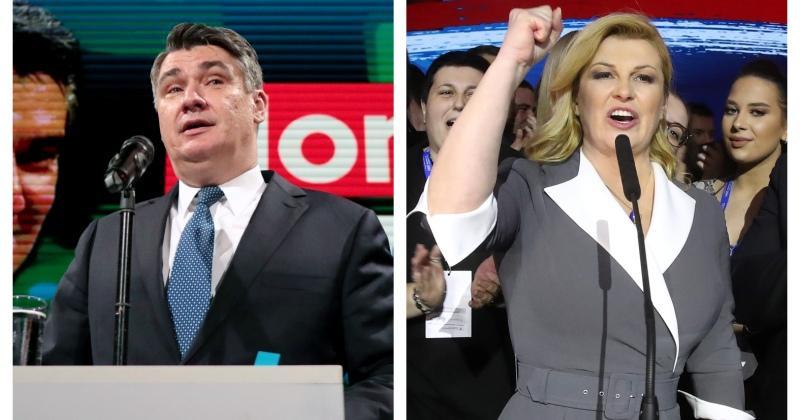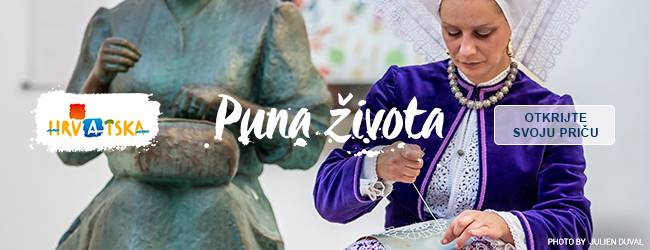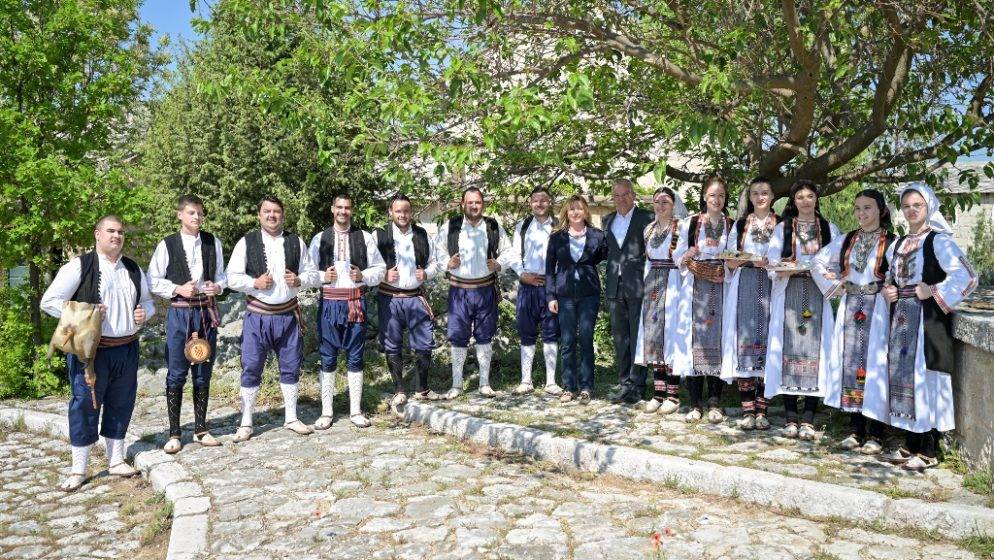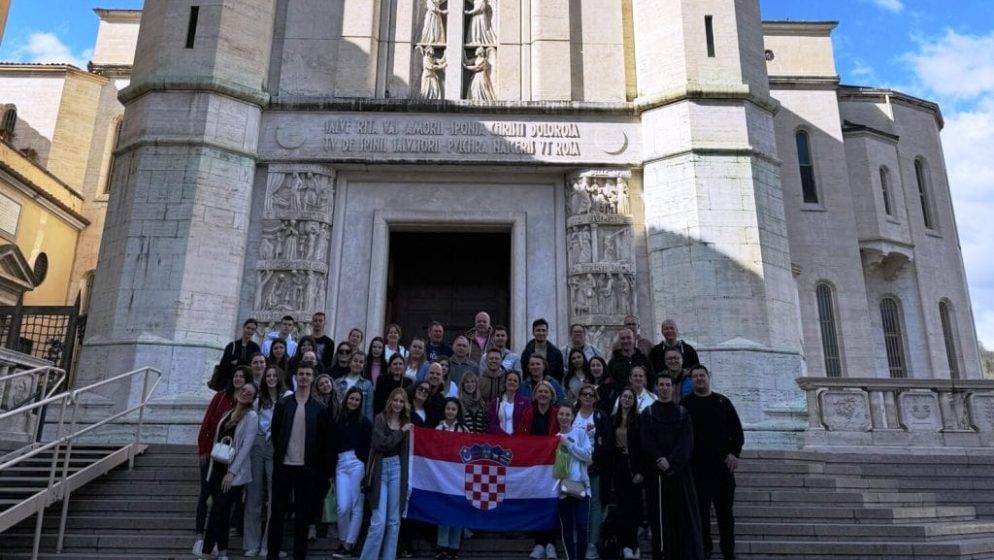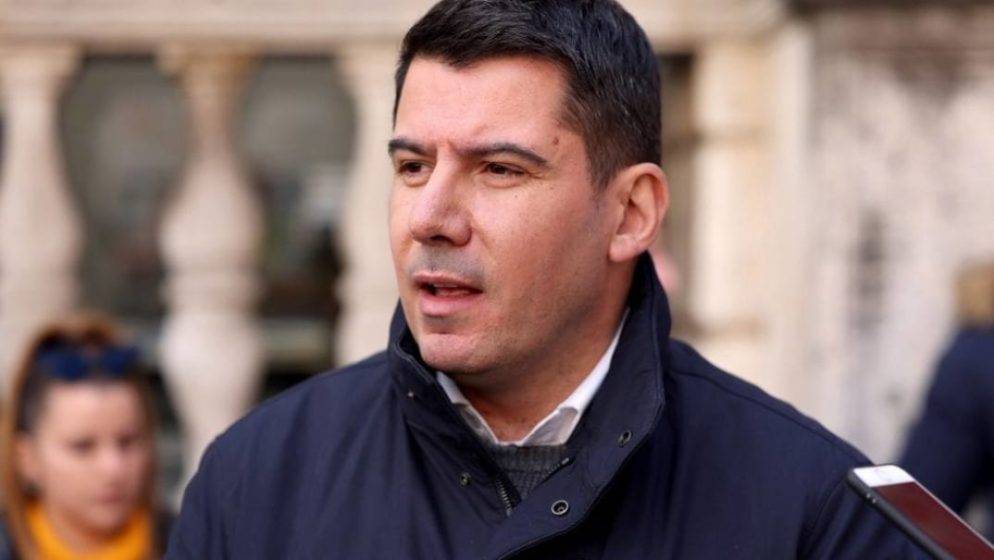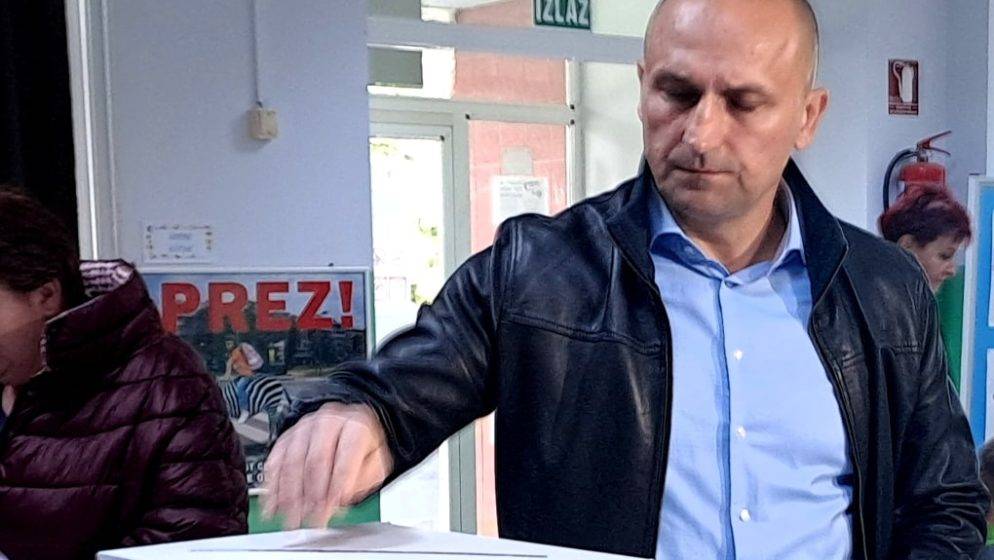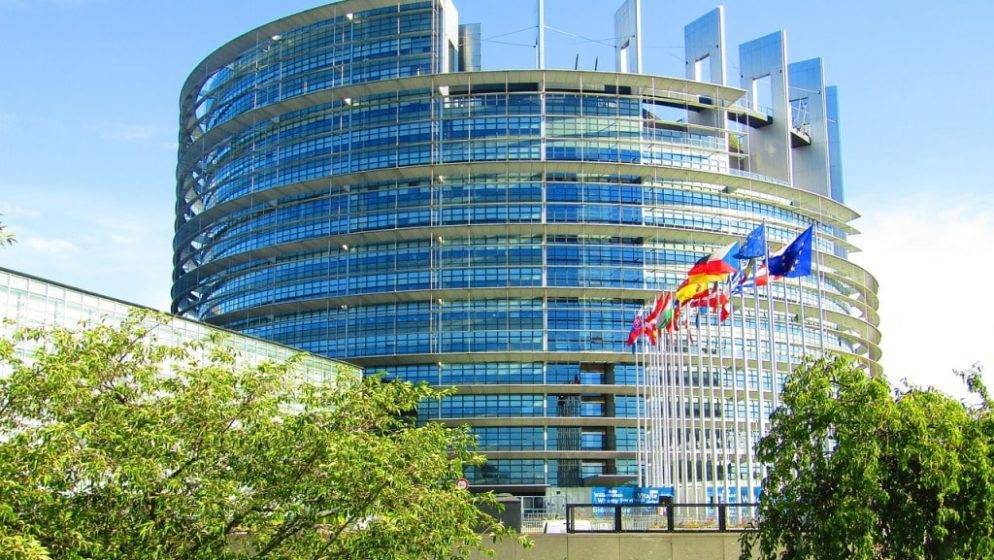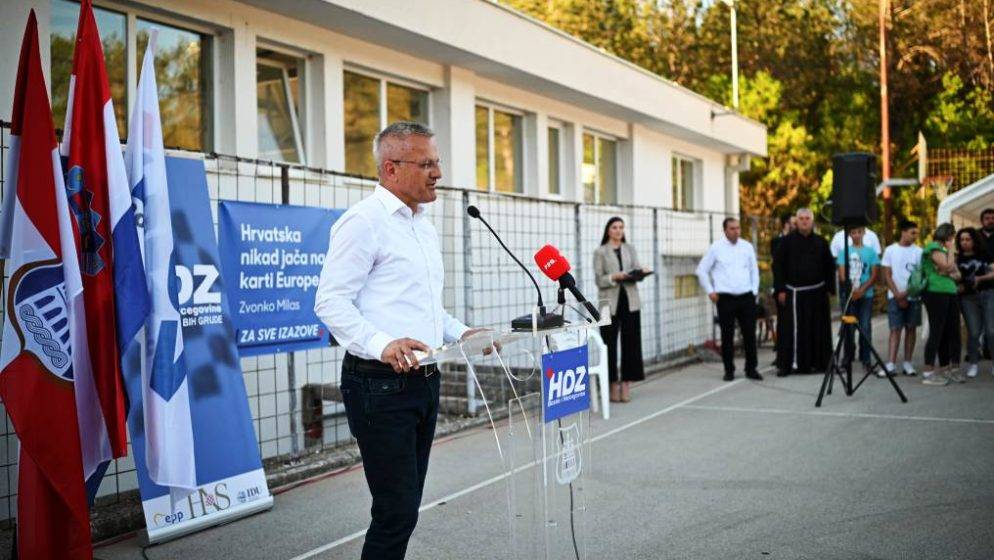Author: CroExpress/Ina Vukic
Voting is a matter of morality. It cannot be done without considering others as well as our own self. Voting often involves agonising moral trade-offs, agonising over the need to suppress one’s own political, ideological, economic ideals if one is to vote for one and not for the other. Decision to abstain from voting also is a moral matter that takes away the burden of complicity in the wrongdoing or wrong outcomes driven by the candidate we voted for because he/she is seen as a lesser evil than the other.
Hundreds of thousands of Croatia’s voters, who voted for Miroslav Skoro in the first round of Presidential elections, appear to be finding that if they vote in the second round they will need to vote for ‘a lesser of two evils’. The first round of Presidential election on 22 December has produced the result by which former and by many accounts ineffective Prime Minister Zoran Milanovic (Social Democrat, former communist, ‘left wing’) and Kolinda Grabar Kitarovic (current ‘right wing’ HDZ/Croatian Democratic Union backed incumbent whose work in her first mandate has bitterly disappointed multitudes and, hence, led to an unusually swift spiral rise [but not to the heights that would get him across the line] of her ‘right-wing’ opponent Miroslav Skoro, who in his campaign asked HDZ voters to defect from HDZ and join him but, conspicuously, failed to ask the same of the Social Democrat Party/SDP members!) are set for an electoral duel on 5 January 2020, when the second and final round of these presidential elections are on. Those who are appalled by both the former communist left-wing echelons (backing Milanovic) and those appalled by the Croatian Democratic Union/HDZ right-wing echelons in government and who are backing Grabar Kitarovic are evidently now on edge to see which way Skoro voters will go on 5 January. In fact blatant calls for their vote are seeping through the media and political campaigns. Many of the so-called Skoro voters are now describing themselves, particularly in social media, as being placed in the situation of having to vote for a lesser of two evils and find themselves venting their agony and bitterness in public.
I guess, moral philosophy can help with the answers to problems of this kind. It can be permissible to vote for the lesser evil. But, without exception, if one does so, there is moral ‘small print’ to follow. This, especially when it comes to how one acts afterwards towards those whom one’s vote has disregarded or who was judged as a bigger evil. No doubt, opting for the lesser evil leaves a moral residue. One can’t just make a choice and move on as if all is OK. It’s not OK. Morally one feels one has compromised oneself, and one’s real choice – one feels cheated and incomplete and, to a great extent morally and politically unclean. When voting for the lesser of two evils one feels the loss of power of conviction and heartfelt dedication.
A significant multitude of Croatian voters (over 400,000 voters at least, who voted for Skoro – and this in terms of the size of the Croatian electorate is a significant number) are now faced with the so-called lesser of two evils dilemma. Both Presidential candidates are evidently seen by them as lousy, in essence unacceptable and damaging to the Croatian national state and the values it fought for during the 1990’s Homeland War and, yet, they are made to feel that they are bound to vote in the January 2020 second round of elections; they’re frequently told that if they don’t vote they can’t complain! What a quandary to be in. On the other hand, the more politically adventurous (and perhaps brave) will say that free people get to complain whether they vote or not. After all, both the government and presidential offices are paid for largely from the taxpayer money and complaining can actually be quite cathartic, even clear the way for new political inroads, a third option as many in a two-party predominance would say.
Presidency is deeply personal, because the role is ubiquitous; the president is or is seen as he/she should be the leader, the father/the mother, the spiritual leader of a nation with a defined destiny. Hence, given the quandary Croatian voters find themselves in, while some will vote for what (who) they perceive as the lesser evil, I think that many will not turn out for voting on 5 January because the ballot paper does not include ‘None of the above’ option (the preference they morally chose at the first round on 22 December).
As in many countries, in Croatia there is no legal duty to vote. One turns out to vote because one feels or knows that their vote does make a difference when a candidate for election actually represents that moral value, that national value and track record for which they themselves stand. But whether one is reasonable in choosing to vote for the lesser of the two evils, is not the same as being legally, duty-bound to vote.
In the Christian tradition and Western morality, it cannot really be said that ‘lesser of the two evils’ is a moral doctrine, even if it does sound a lot like the doctrine (or principle) of double effect. The doctrine of double effect is often invoked to explain the permissibility of an action that causes a serious harm, such as the death of a human being, as a side effect of promoting some good end. According to the principle of double effect, sometimes it is permissible to cause a harm as a side effect (or ‘double effect’) of bringing about a good result even though it would not be permissible to cause such a harm as a means to bringing about the same good end. Even St Thomas Aquinas set forth the doctrine of double effect as permissible under the above ‘rules’ so it is no wonder that Christians in Croatia may find themselves in a quandary as the one they are in at this stage of presidential elections run; some may feel that it is permissible to vote for a lesser of the two evils. Most, however, will find it an impossible task to see that any good is likely to come out from their vote for a lesser of the two evils. The candidates’ track record is their objective measuring stick, and it simply does not stack up to much.
And while I can’t speak for everyone, I know Christians are not exactly given the green light to ‘choose’ any kind of evil. If one does choose it is entirely a burden upon their own personal morality.
Then one often comes across the worn-out argument that not voting constitutes a dereliction of one’s duty towards the common good. But experience tells us that common good is not always advanced by voting.
For those of you unfamiliar with the term ‘catch-22’ perhaps it can also be explained this way: Say the president of the country you belong to tells lies or defends both the good and the bad politics of the past. He or she says things that are demonstrably impossible to understand or believe. A lot.
Now say you’re an ethical person who does not tolerate lies or double standards well. All this lying is a problem. All the double standards are a problem. Control of the media is a problem for you – it reports the lies and the double standards and even attempts to provide some objective facts to back this up, make it look credible.
The more the media report the lies, the more the president lies. And if you didn’t report the lies, he/she would say his/her lies are true because nobody reported them as lies.
And so, observing the rhetoric, the calls for votes in the second round of voting, the calls to change one’s initial and first preference for a president when his/her candidate has not made it in the first round, the calls to switch loyalty because one or the other presidents will, if elected, be a disaster, the dilemma, the anger expressed by multitudes of Croatian voters in the past week one can conclude that the system and political undercurrents in Croatia have produced two undesirable candidates for great many, either of which will advance an ultra vires agenda in office. Can it then truly be said that anyone (who is dissatisfied with both candidates) has a moral duty to pick one of them?
Datum objave: 28.12.2019.



